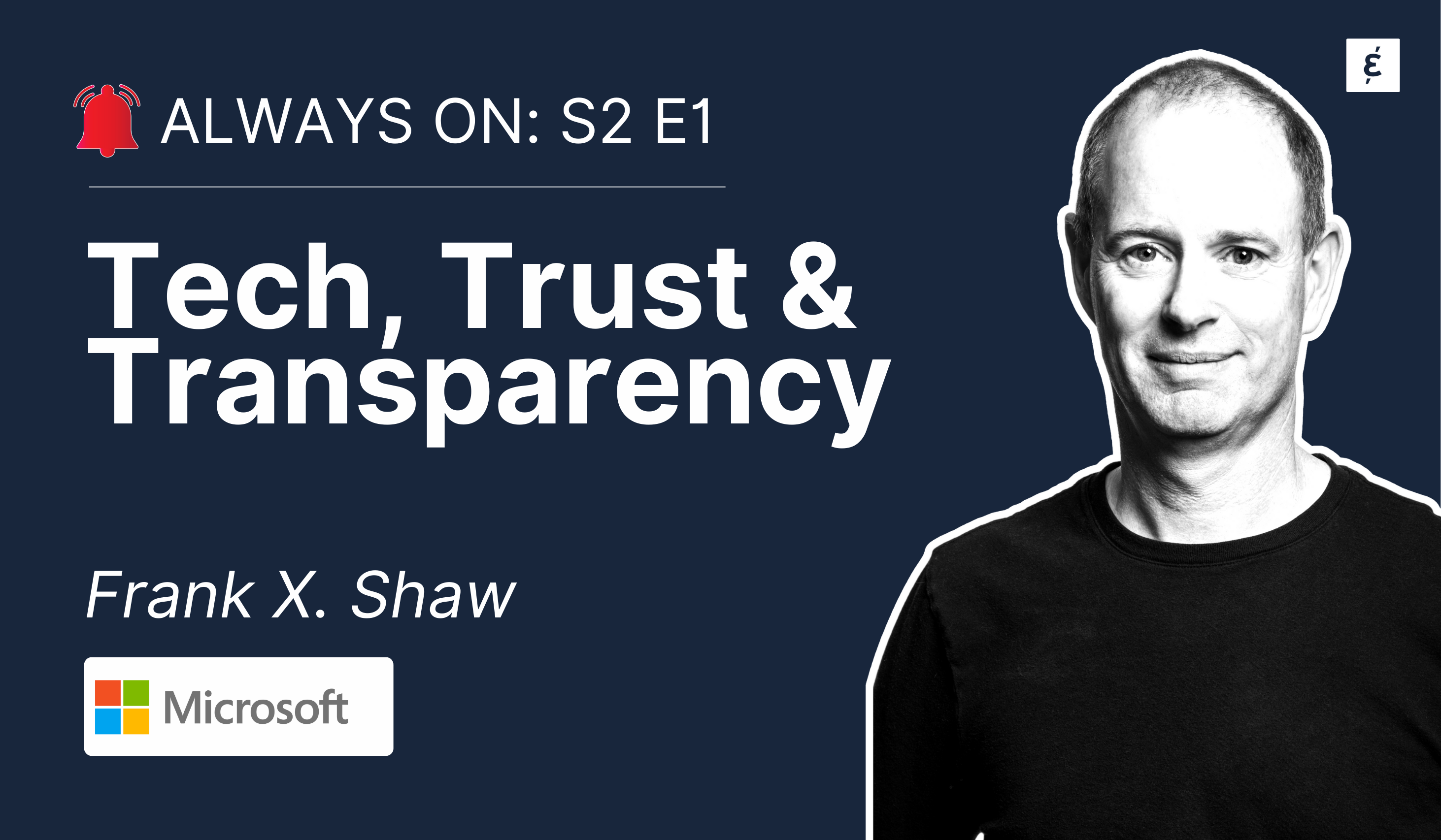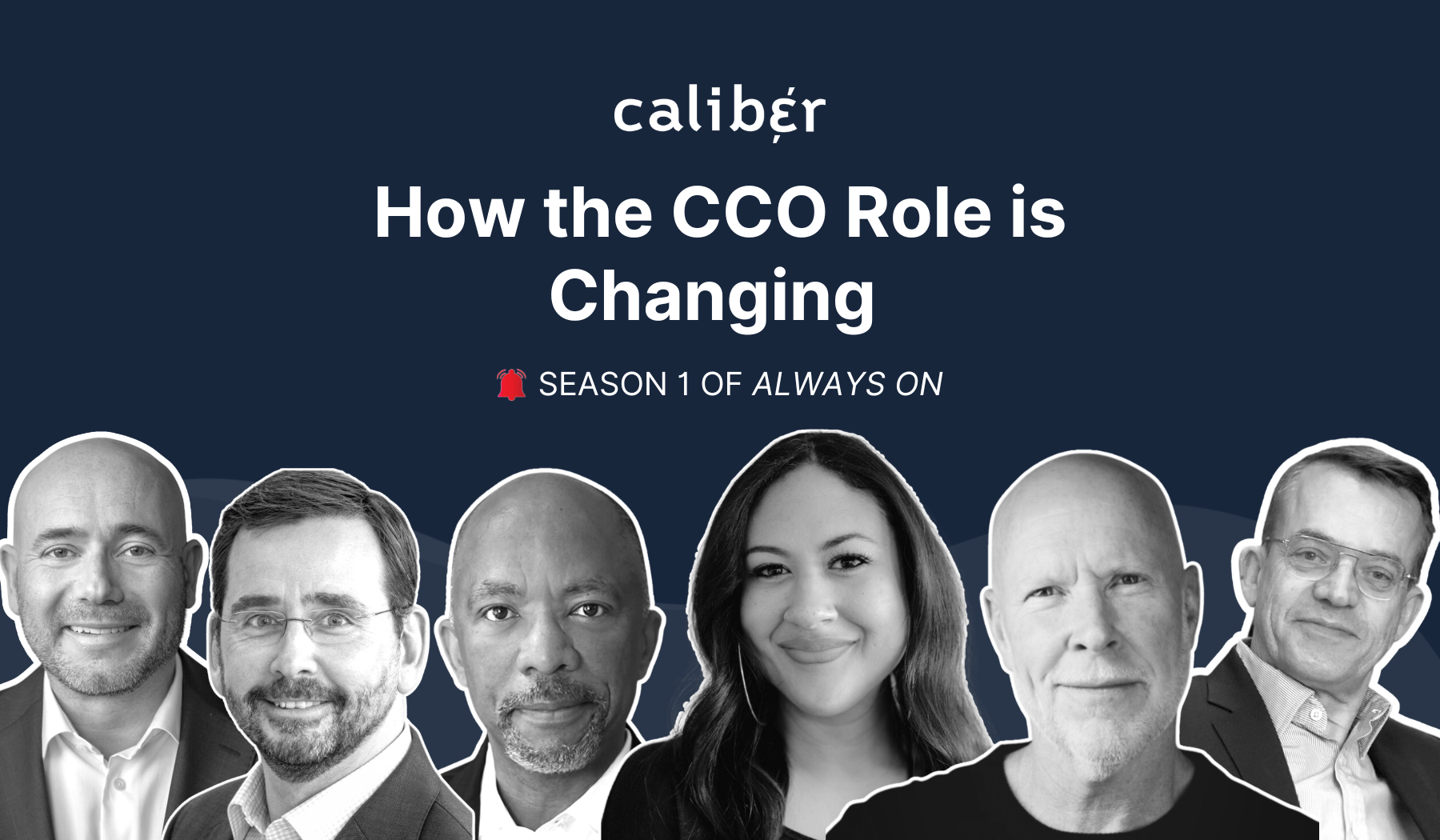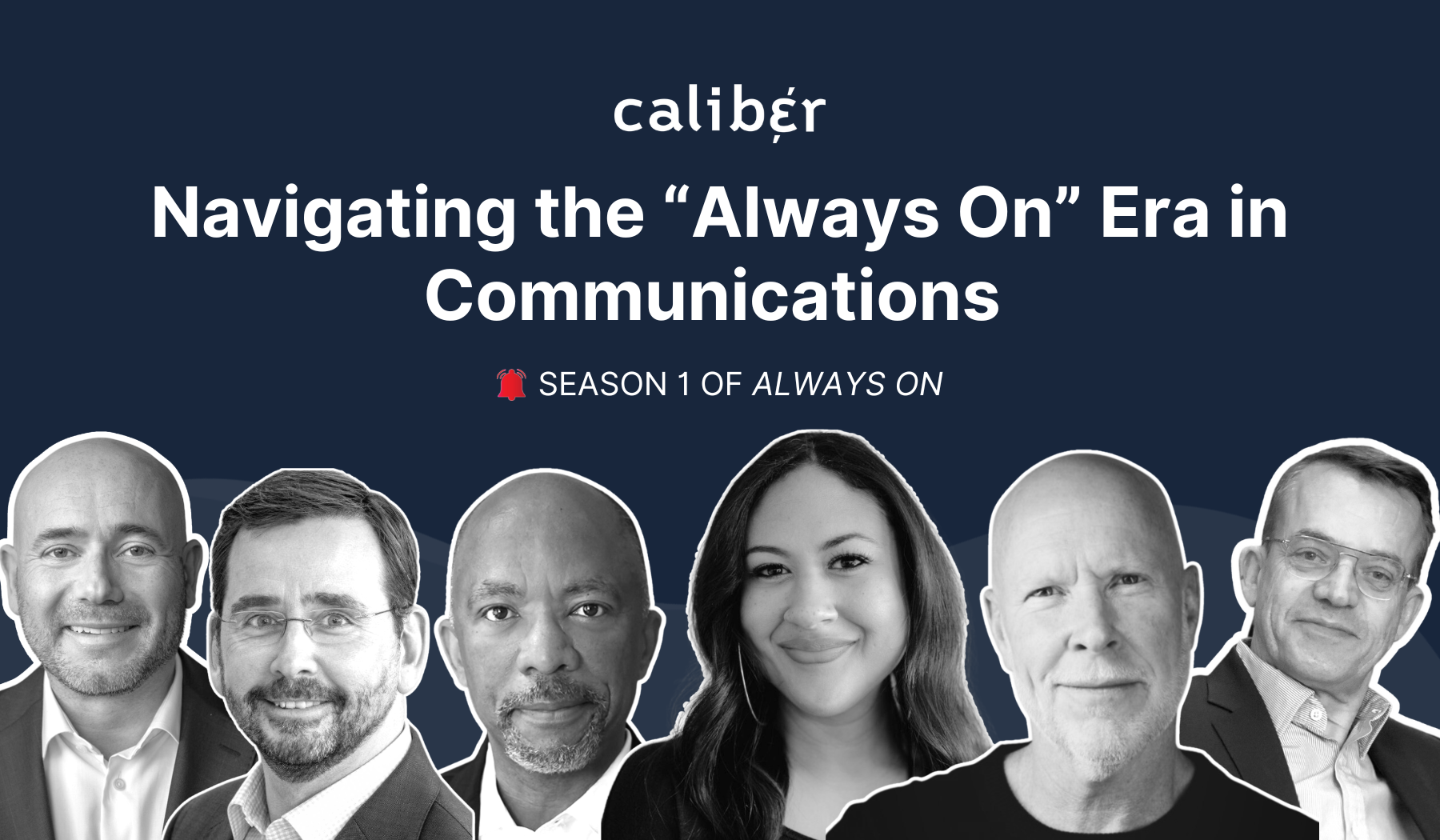

We asked leading communicators how to achieve and maintain critical influence within their organization. Here’s their advice.
For Chief Communications Officers, gaining a “seat at the table” isn’t just a milestone. It’s how to influence strategic decisions and cement the role of communications as a core business function.
But how can CCOs earn that coveted position and, crucially, ensure its permanence?
One of the most impactful ways for CCOs to secure influence is by deeply embedding communications into the core operations of the business. Schoenmaeckers asserts, “We are the business.” This mindset shift—from viewing communications as a satellite function to seeing it as a peer to other critical areas like finance and operations—lays the groundwork for strategic influence.
Schoenmaeckers advises communicators to thoroughly understand their company’s operations, including how it generates revenue and executes its business strategy. “Our agenda needs to be their agenda,” he explains, emphasizing the importance of aligning communications priorities with broader business objectives. This alignment not only highlights the CCO’s strategic value but also ensures they are seen as indispensable partners in achieving the organization’s goals.
Roberta Thomson agrees, emphasizing the need for communicators to think like business leaders. The Hasbro CCO underscores the importance of understanding financial statements, corporate calendars, and strategy. By coupling business acumen with the confidence to provide informed advice, CCOs can establish their voices as equal to other executives in the decision-making process.
While earning a seat at the table is a significant achievement, maintaining it is an even greater challenge. Torod Neptune shifts the focus to sustainability, stressing that the ultimate goal should be to institutionalize the seat for the communications function, not just the individual. “How do we cement that seat as being held by our organization?” Medtronic’s CCO asks.
For Neptune, the priority is ensuring that future CCOs inherit a recognized and respected role within the executive suite, ensuring the longevity of the function’s influence.
This requires building a foundation of trust, strategic impact, and value. Schoenmaeckers adds that communicators must demonstrate “maturity and seniority” to be trusted as peers. Earning respect at the leadership table involves not only delivering results but also cultivating strong relationships and shared agendas with other executives.
Thomson highlights a crucial reason why communicators must be part of strategic discussions: to mitigate risks and enhance corporate reputation proactively. Having a voice at the table allows CCOs to address potential reputational pitfalls before they occur. “Wouldn’t it be so much better to have that voice earlier on, to maybe have folks think twice about a decision that could have a negative corporate reputation impact down the line?” she asks.
Thomson advocates for integrating communications into the decision-making process from the start, ensuring that strategies are designed to enhance reputation rather than reacting to crises after the fact. This proactive approach not only prevents costly missteps but also reinforces the strategic value of having a communications leader involved in shaping business strategy.
The use of data is a recurring theme among communications leaders. Schoenmaeckers acknowledges that meaningful data strengthens a communicator’s voice, providing evidence-based insights that help steer organizational objectives.
However, he warns against relying solely on data. It’s the combination of data with strategic insight, maturity, and peer-to-peer collaboration that establishes a CCO as an indispensable leader.
Boyd reinforces this point by emphasizing the power of thoughtful questions and active listening. As he’s advanced in his career, Boyd has found that asking the right questions and drawing on collective intelligence have been crucial to his success at the table. This ability to facilitate dialogue and synthesize insights helps communicators drive outcomes that benefit the entire organization.
Confidence is another critical factor in cementing a CCO’s role as an equal among top executives. Thomson highlights the importance of presenting advice with conviction, based on expertise, experience, and sound judgment. This confidence, she argues, underscores the validity of the CCO’s perspective and ensures that their voice is taken seriously in strategic discussions.
Boyd agrees, noting that as his confidence has grown, so has his ability to engage meaningfully with other leaders. By focusing on the quality of contributions rather than the quest for recognition, Boyd has found himself at the table “more often than not.”
A significant barrier to achieving true influence is the outdated perception of communications as a “client-supplier” function. Schoenmaeckers argues for moving beyond this mindset to establish communications as a peer-to-peer function. This shift requires maturity, confidence, and a commitment to demonstrating the strategic value of communications in every interaction.
For Schoenmaeckers, this transition involves creating a single, unified agenda with other business leaders. By aligning objectives and priorities, communicators can position themselves as integral to the organization’s success, effectively dissolving the perceived divide between communications and other business functions.
In conclusion, securing a seat at the table as a CCO requires a multifaceted approach: proactive leadership, deep business integration, data-driven insights, and the confidence to operate as an equal among peers. Once at the table, sustaining influence demands strategic foresight, strong relationships, and a commitment to leaving a lasting legacy for the communications function.
As Thomson notes, having a communicator involved early in strategic decisions can prevent costly mistakes and enhance corporate reputation. Meanwhile, Neptune’s focus on institutionalizing the seat underscores the importance of ensuring that communications remains a critical function for decades to come. By embracing these strategies and mindsets, CCOs can not only earn their place at the table but also solidify it as a cornerstone of organizational leadership.






© 2024 Group Caliber | All Rights Reserved | VAT: DK39314320